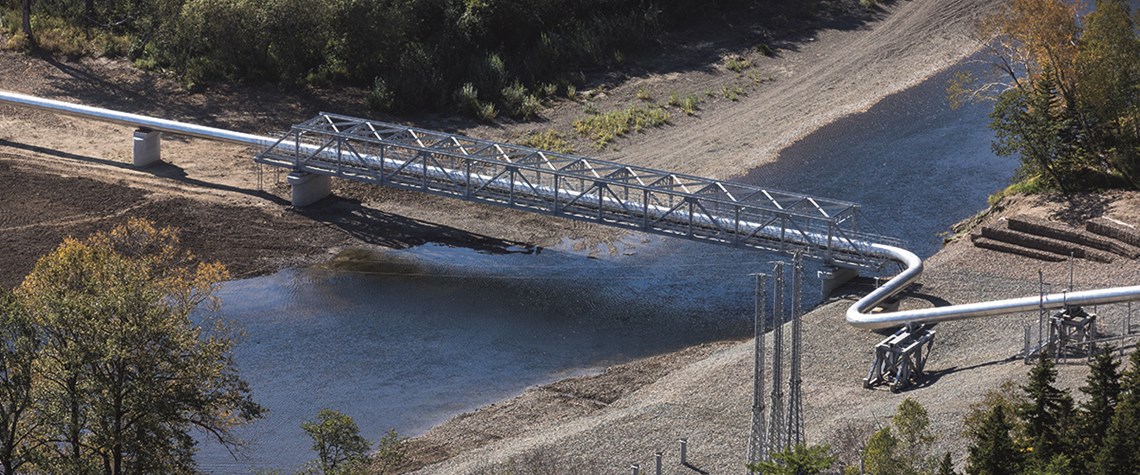Europe's gas security conundrum
Central Asian countries are eager to pick up the slack, if sanctions hit Russian pipeline supply to Europe
Beefed up US sanctions against Russia are hampering Gazprom's plans to send more gas to Europe, potentially paving the way for Russia's rivals in the Caspian region—and the US—to muscle in. It's an area of uncertainty that European leaders need to resolve one way or another quickly. The European Union is going to need to import a lot more gas in the short-to medium-term, even allowing for the greening of economies, given the gradual dwindling of North Sea supply. The EU's PRIMES model, published last year, predicts a steady climb in net gas imports, rising from around 310bn cubic metres (or 73% of gross inland gas consumption) in 2020 to 328bn cm (80%) in 2030 and 360bn cm (88%) in 2050. Whi

Also in this section
18 February 2026
The global gas industry is no longer on the backfoot, hesitantly justifying the value of its product, but has greater confidence in gas remaining a core part of the global energy mix for decades
18 February 2026
With marketable supply unlikely to grow significantly and limited scope for pipeline imports, Brazil is expected to continue relying on LNG to cover supply shortfalls, Ieda Gomes, senior adviser of Brazilian thinktank FGV Energia,
tells Petroleum Economist
17 February 2026
The 25th WPC Energy Congress, taking place in Riyadh, Saudi Arabia from 26–30 April 2026, will bring together leaders from the political, industrial, financial and technology sectors under the unifying theme “Pathways to an Energy Future for All”
17 February 2026
Siemens Energy has been active in the Kingdom for nearly a century, evolving over that time from a project-based foreign supplier to a locally operating multi-national company with its own domestic supply chain and workforce







